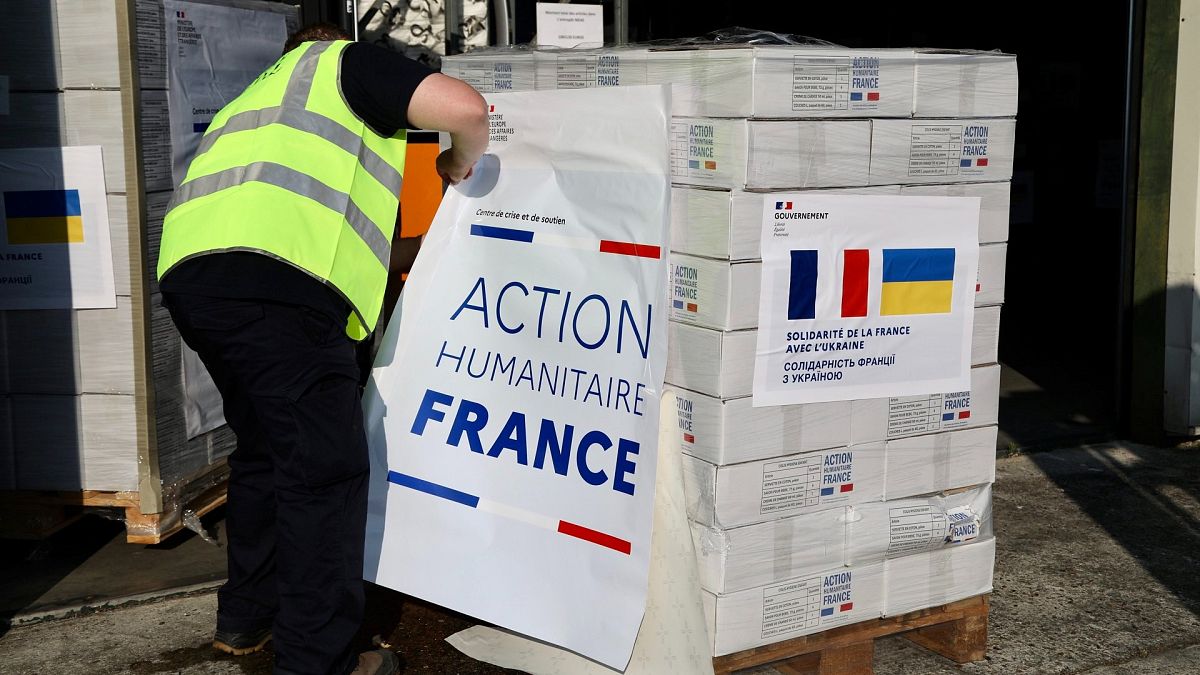

In a world characterized by rapid transformations and complexities, various developments across diverse regions are shaping the international landscape. From cultural diplomacy to educational advancements and significant political shifts, these narratives offer insight into the evolving dynamics at play.
In France, the Ministry of Foreign Affairs is embarking on a unique initiative to elevate its diplomatic standing through innovative means. Dubbed “Cheese Diplomacy,” the program aims to improve public understanding of the vital work diplomats perform. Experts assert that shedding light on the nuances of diplomacy could have profound impacts on how countries interact and collaborate. This creative approach is designed to stimulate interest and engagement, reflecting a broader strategy to enhance France’s influence on the global stage.
Meanwhile, Greece is witnessing a significant infusion of technology into its educational framework, courtesy of OpenAI’s latest endeavors. By introducing artificial intelligence into secondary education, the program aims to prepare young minds for the burgeoning “Intelligence Age.” Drawing a historical parallel, OpenAI highlights Greece’s proud legacy as the cradle of Western education, from the days of Plato and Aristotle. This forward-thinking initiative symbolizes a seamless blend of ancient intellectual heritage with modern technological aspirations, setting a path for future-ready education.
In Germany, upcoming local elections have been overshadowed by the tragic deaths of 16 candidates. This situation has fueled circulating conspiracy theories on social media. However, state police have diligently investigated the initial cases and reported no evidence of third-party involvement. Authorities are working to separate fact from fiction, ensuring that public discourse remains grounded in truth and transparency. The incident underscores the challenges of managing information in an age where rumors can spread rapidly.
Turning to the Middle East, the United States and the United Nations are deeply engaged in discussions over a reconstruction plan for Gaza ahead of the General Assembly. With countries poised to recognize Palestinian statehood, the proposed UN-backed plan aims to stabilize the region through a technocratic government and international force. The initiative seeks to disarm Hamas and prevent mass deportations, facilitating an environment conducive to peace and reconstruction.
Across the UK, political currents are shifting following the resignation of Angela Rayner, prompting a reshuffle of junior ministers under Keir Starmer’s leadership. This change, spurred by Rayner’s departure, reflects an opportunity for fresh perspectives within the Labour Party. Amidst these internal reconfigurations, the Labour Party is steadfast in its commitment to unity and forward momentum. The situation highlights the dynamic nature of political landscapes where adaptability is often key to sustained progress.
Each of these global stories illustrates a facet of how societies are adapting to change and the endeavors underway to shape more positive futures. Through peaceful engagement, educational innovation, and strategic political maneuvers, nations are crafting pathways toward more harmonious and informed interactions. As these developments continue to unfold, they offer a window into the concerted efforts needed to navigate an interconnected world thoughtfully.
Source: {link}
